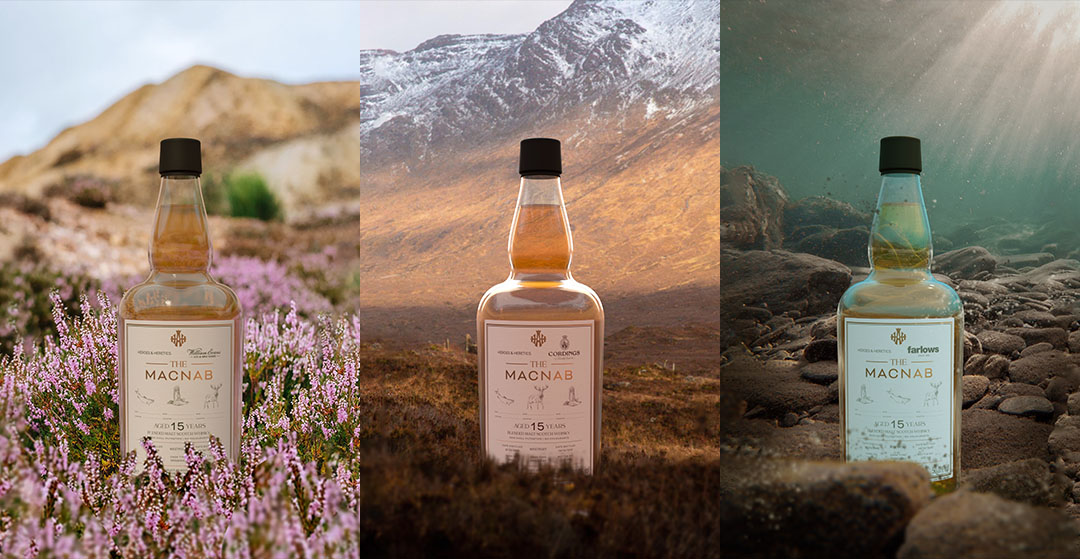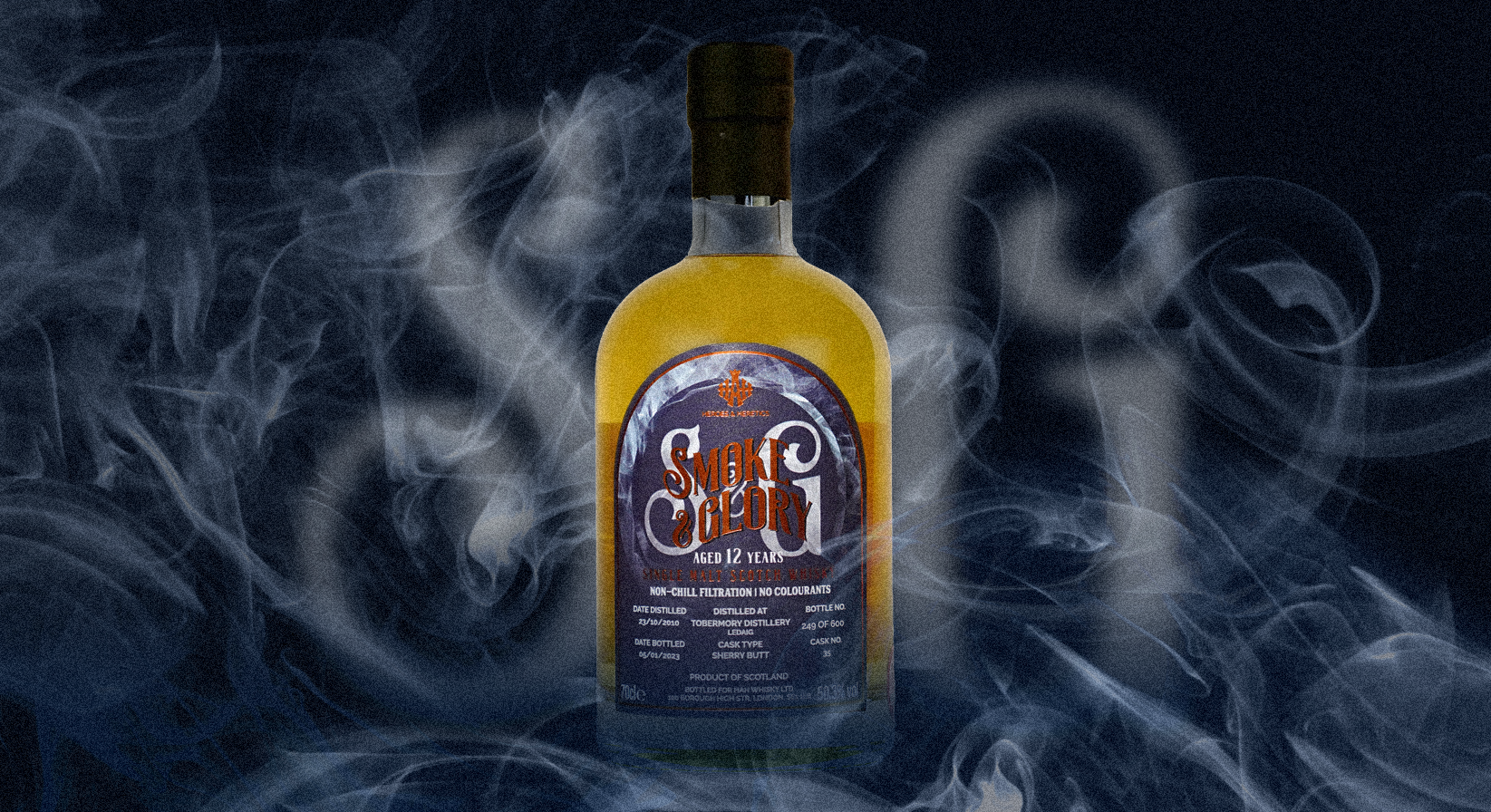We live for just these twenty years / Do we have to die for the fifty more? /All night / He wants to be the young American” – David Bowie
Younger Americans are just loving spirits way more than previous generations. Even in the UK, on a typical night out, a young millennial is more likely to order a Scotch than wine from France or Italy. Buying alcohol is an entirely different experience for millennials than it was for baby boomers when they were in their twenties and thirties. You just need to ask better questions to find out why.
A Merrill Lynch Global Research Survey in 2018 measured a shift in young millennials alcohol consumption habits. Their research shows that back in 1992-93, 70% of 18-29 year-olds listed beer as their preferred drink. By 2018 that number had plunged to 30%. As well as this substantial decline, 15% of 18-29 year-olds surveyed in 1992-93 listed wine as their preferred drink and approximately 13% of 18-29-year-olds listed spirits as their preferred choice.
Then the earthquake shift for those numbers – they increased to about 23% and 30% respectively in 2018. The result was that a preference for spirits has increased most among the 18-29 year-old demographic, suggesting that this trend is going to continue as more young drinkers move from beer and shift towards spirits. If the trend continues, it could lead to a fundamental shift in the global alcohol beverage industry. The millennial generation is now the largest and most important demographic for alcohol beverage brands.
The massive question for the producers is what is behind this shift in consumption habits?
One explanation is that there is less brand loyalty offered by millennials to wine and beer products. Just talking with young drinkers, you get this feeling all the time. They are constantly shifting their viewpoint and looking for new, innovative or experimental drinks. This makes it much easier for spirits producers to come up with different products that seem new and interesting, simply by changing the colour or the flavour. Exciting and different products seem to be loved by the younger generations.
Perhaps the biggest difference between millennial and boomer alcohol buying habits is that while over half of baby boomers had a specific brand in mind when shopping, only one-quarter of millennials shopped with a particular ‘brand’ in mind. This finding indicates that there is plenty of opportunities for brands and retailers to influence in-store alcohol purchases by younger adults.
It may be that young millennials no longer view wine as a cultural product. This means they simply see wine as just another drink or just another brand. This is critical for marketing and ultimately sales. They have not been properly educated about the history of winemaking, the tradition around winemaking, or the unique cultural aspects of specific wine regions or terroir.
Observation of the behaviours of these millennials seems to also hint at another explanation. From Gin to Whisky, the craft distilling movement is simply a much more powerful phenomenon than winemakers might have realised.
It also seems like Millennials are now less likely to buy alcohol on Impulse (according to a Nielsen survey from 2017). Eighteen per cent of baby boomers who had purchased alcohol in the 30 days preceding the survey said they had bought alcohol on impulse, compared to only 11% of millennials.
While the majority of both generations said they planned alcohol purchases before shopping, 16% of millennials said that they didn’t start “planning” until they were actually in the store. This information can be valuable to alcohol brands when planning their in-store marketing.
An interesting study by Mintel found that younger Americans, prefer to drink at home before going out. What was a little more surprising is that the study found that 28% of younger millennials drink at home because they find it too much effort to go out.
The critical reasons for millennials preferring to drink at home included cost savings, home is more relaxing, and fewer worries about dangers like crime and impaired driving. This means that drinking at home means shopping for alcohol beforehand and therefore informed decisions.
Alcohol brands intent on selling to the millennial generation are getting smarter at understanding what influences their purchase habits. Millennials are less likely to buy on impulse, yet more likely to start planning to purchase alcohol once inside a store.
They are just less brand-loyal and more likely to listen to word-of-mouth recommendations rather than their own previous purchase experience when buying alcohol.


